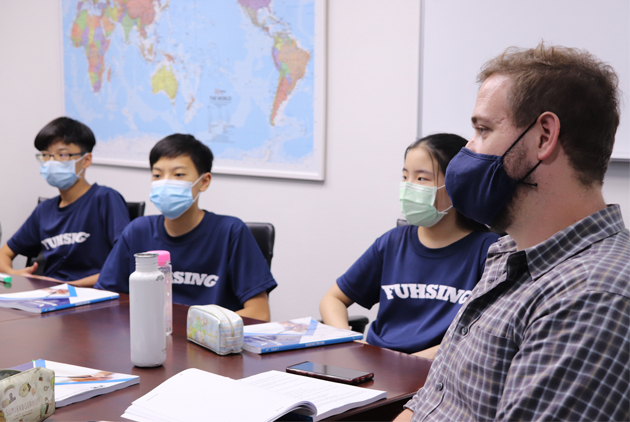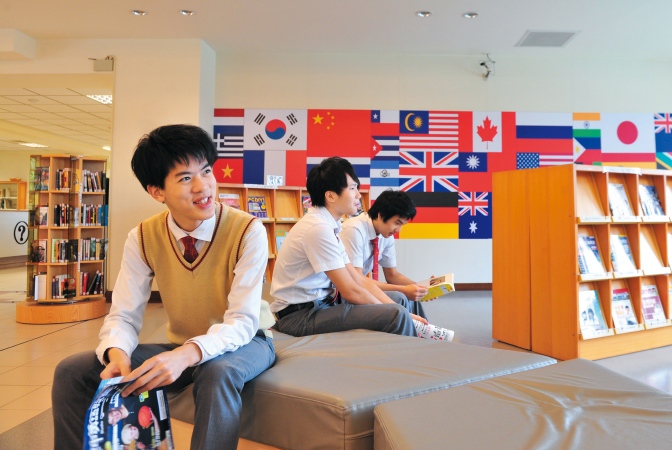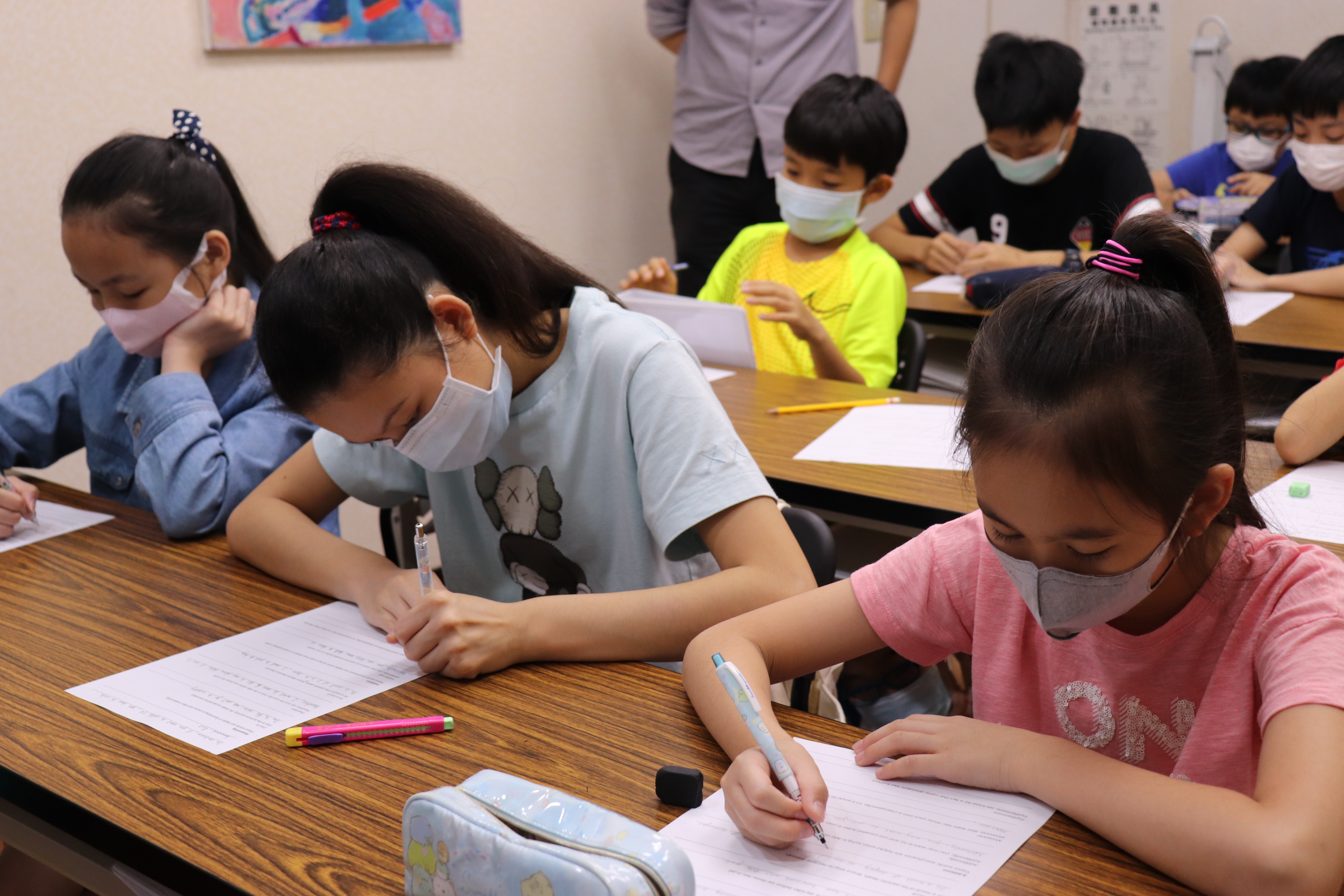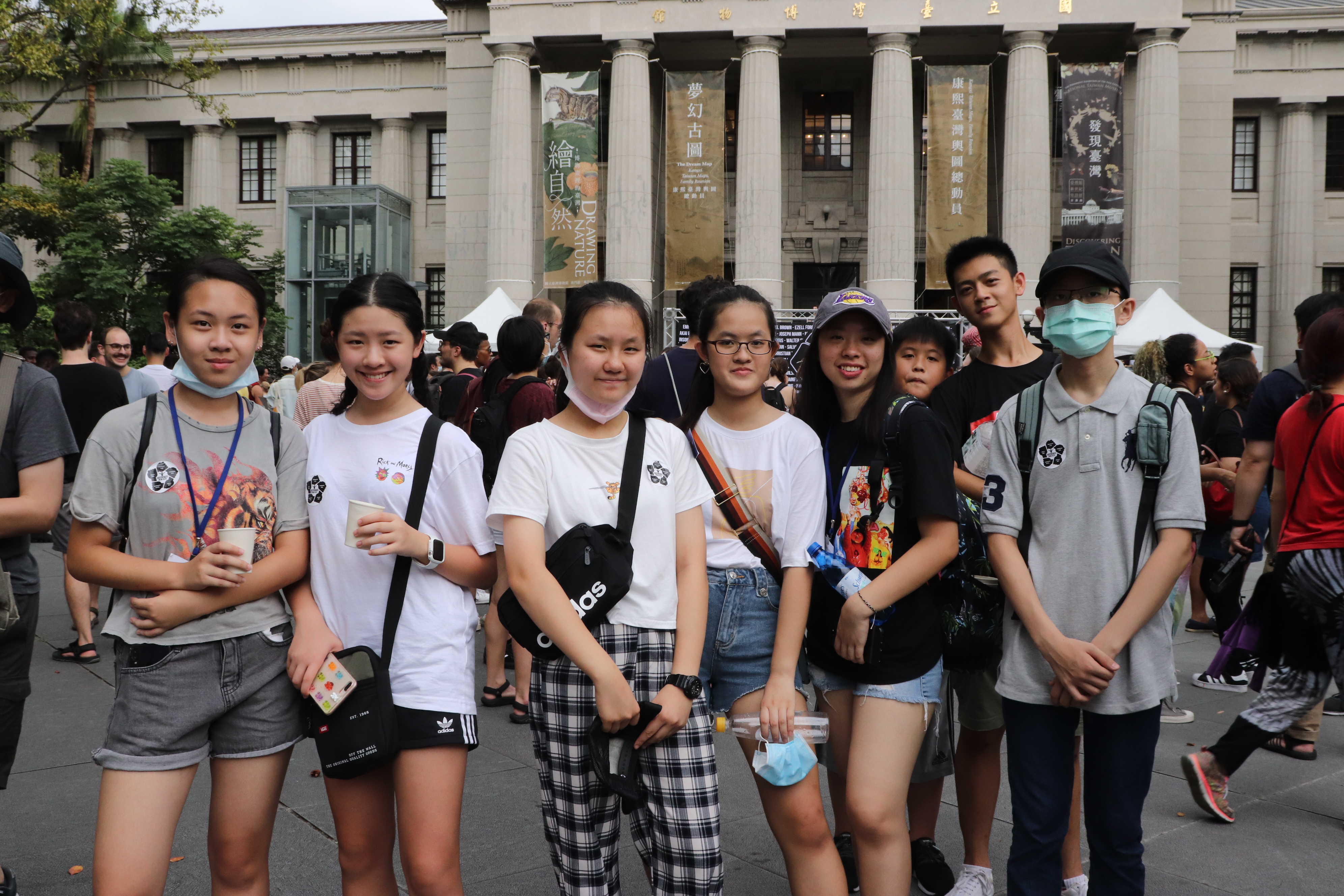Taiwan’s Bilingual Education Needs Critical Thinking

Source:Liz Tsai & Englist
English language study in Taiwan is at an all-time high, whether for use professionally or to get into a university like Harvard. However, the process of how to do that is largely lost on a population inundated with too many options and not great guidance...
Views
Taiwan’s Bilingual Education Needs Critical Thinking
By Adam Hatchweb only
English language study in Taiwan is at an all-time high, whether for use professionally or to get into a university like Harvard. The Taiwanese government recognizes the importance of English proficiency to such a degree that officials are attempting to render the country a “bilingual” nation. English schools litter the island, international programs are popping up at private high schools and universities, and more students than ever are searching for test prep and college admissions counseling.
Unfortunately, most aspiring English students - and their parents - don’t know what exactly they are looking for.
They know what results they want: to get into a good college or to get a good job. However, the process of how to do that is largely lost on a population inundated with too many options and not great guidance.
 (Source: CommonWealth Magazine)
(Source: CommonWealth Magazine)
The key to becoming “bilingual” in English - to being able to use the language capably in Western academic and professional settings - is critical thinking training as part of the language learning process. As it stands, however, Taiwanese learners are surprisingly unaware of this reality.
English education in Taiwan is not good enough
When most students in Taiwan, or their parents, consider studying English, they are making a calculation.
The thinking is, English study is a vessel with which to get into a Western university or to learn enough English to use it professionally. Students then choose one of two paths to get there - either attend programs and schools that try to wholly mimic the Western educational experience regardless of student capability or context, or go with the tried and true East Asian method of cramming vocabulary and grammar. Regardless of the type of study, the superficial aim is to pass a test, whether it be the GEPT, IELTS, TOEFL, or the SAT.
Let’s look at two real-life examples. First, one student who attends a well known “international” school in New Taipei City has been assigned In Cold Blood by Truman Capote, a difficult text for honors level 12th graders in the United States.
This student, in 9th grade honors English, has attended her school since early elementary and uses English at school every day. However, her actual English reading level is somewhere closer to 6th grade. Intellectually, she is a 9th grader, but because her English study has been entirely academic, absent of analytical thinking in English, and has pushed her on regardless of her actual ability, she finds herself not understanding the text or any of its implications.

Or, another student who attends a local school but has studied at a buxiban English program for a decade is cramming to take the GEPT. While she is able to fill in blanks and has a masterful understanding of grammar mechanics, when she speaks or writes she can’t apply what she knows in theory, nor has she ever been given any instruction on how to compose an essay in English and the importance of logical structure. Like the other student, to her, English is an academic pursuit rather than a tool used to communicate depth of thinking or clarity of ideas.
Sadly, both of these students - and many more like them - have fallen victim to an education culture that is missing the point. IELTS, TOEFL, and the SAT are trying to gauge a certain set of skills. If a student has only gone through the motions of Western-style education without gaining the analytical and communicative ability required, that student will underperform.
Likewise, thousands of students who use the “cramming” method are frustrated each year as their scores on these exams do not reflect the time they have spent studying nor their knowledge of grammar patterns and vocabulary words.
So what should they be doing?
Reading and analysis
Learning a language to the degree of proficiency required to succeed on these tests and in Western academic settings demands students understand something about the culture and literature they are being asked to engage in.
 (Source: Shutterstock)
(Source: Shutterstock)
This isn’t to say they should just read more advanced Western literature. As a matter of fact, the opposite is probably true; most Taiwanese students would benefit from aiming down a level or two and focusing on depth of understanding rather than superficial familiarity with advanced reading. Students need to understand the types of knowledge and skills a Western classroom (and boardroom) demands, namely critical thinking, in-depth analysis, and clear communication.
The problem is, Taiwanese students can grind out worksheets and cram for tests as well as anyone in the world, but due to this testing-centric educational culture, students also have a hard time participating in open discussions and being able to approach problems from unique perspectives. The temptation is to blame a simple lack of English proficiency, but that rings hollow considering the amount of time and resources Taiwanese already devote to English.
 (Source: Shutterstock)
(Source: Shutterstock)
If you want to get a good score on English proficiency exams, if you want to go to school overseas in an English language setting, if you want to be “bilingual”, test prep cramming and SAT vocab lists will only help you so much. What you should do instead is focus on reading, but really understanding what it is you are reading. If you have read Shakespeare and don’t understand the themes and context, you would be better served picking up something like Harry Potter and digging deep into its cultural and intellectual core. Then, when you have more practice approaching reading and language learning this way, try Shakespeare again.
The skills for tomorrow’s leaders
Critical thinking, being the foundation of strong communication and analytical and leadership skills, are what the leaders of tomorrow will need to be successful in a more global, outward-facing world.

The leaders of today are increasingly aware of this. Warren Buffett reads at least 500 pages a day. Mark Cuban points out the importance of “soft” skills like communication and creativity. Career guru and former CEO of LinkedIn Jeff Weiner points out that the biggest “skills gap” is communication, specifically, written.
Furthermore, the East Asian “cram” mindset girded by tests and homework is not only increasingly obsolete, but also actively harmful. Taiwanese students routinely cite too much time devoted to studying, homework, and academics as their most harmful source of stress, and the pressure generated by Taiwan’s most common style of learning results in a host of problems families would be better off without.
So knock off the summers filled with test prep courses and evenings filled with IELTS vocab lists. A little prep is useful and beneficial, especially to second language learners. But in Taiwan, English education increasingly is getting in the way of educational success. Instead, start reading in English, every day, and find a program where you (or your kids) can begin to learn to write. Start writing essays and articles in junior high, and keep it up through high school. If you can do that, you’ll save yourself time, money, and plenty of stress because your kids will have developed genuine critical thinking skills.
About the author:

Adam Hatch is the founder and director of Englist.com, a writing training and college prep program in Taipei. He is also the founder and editor of Taipei Teen Tribune, an English-language news and opinion blog written entirely by Taiwanese students. Adam has lived in Taipei since 2010 and earned his Master's in Asia-Pacific Studies from National Chengchi University in 2017. He originally comes from Northern California.
Have you read?
♦ 9m88: Going Back to School to Find Her True Calling
♦ Singapore’s Education Reforms: Learning Is not a Competition
♦ Has Educational Reform Succeeded in Taiwan? 4500-Percent Rise in Cram Schools over Past 30 Years
Uploaded by Penny Chiang






